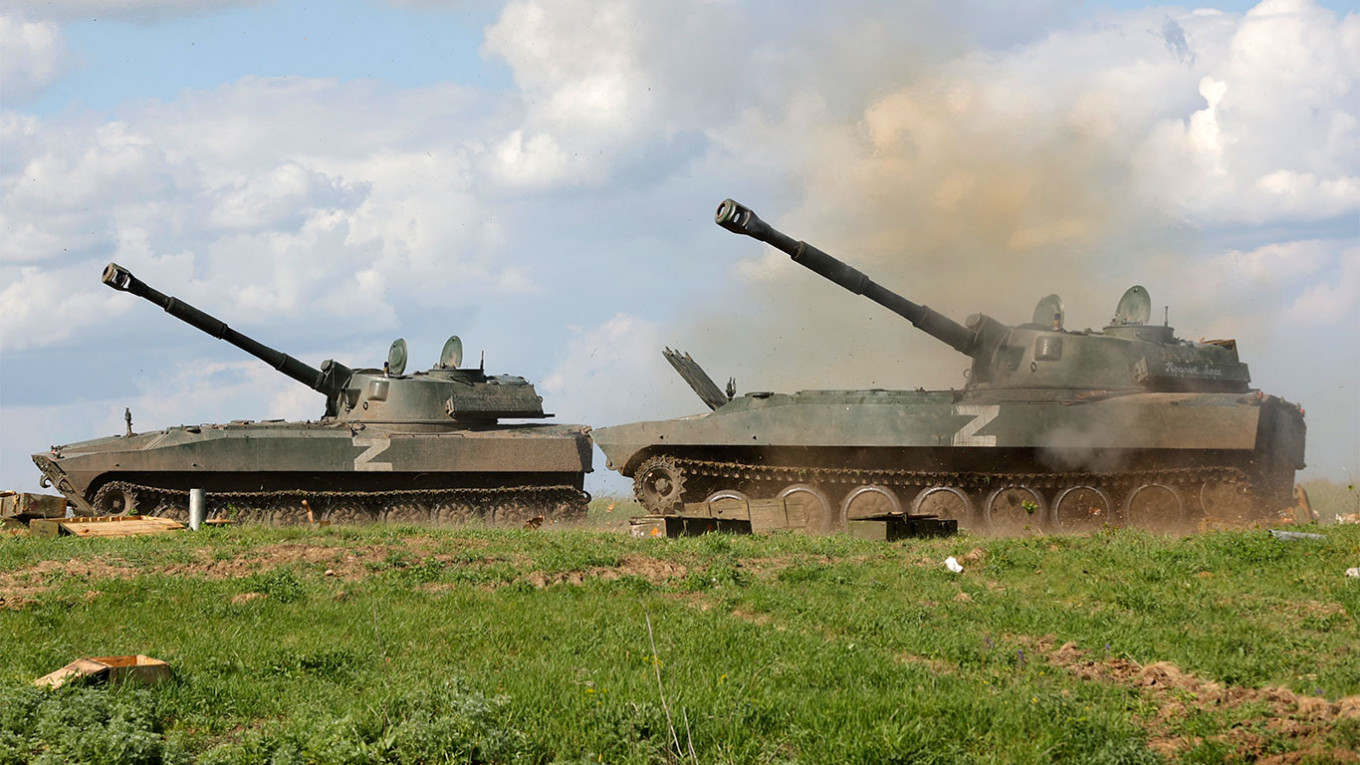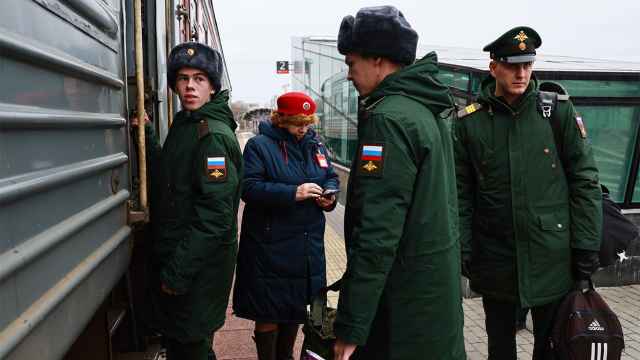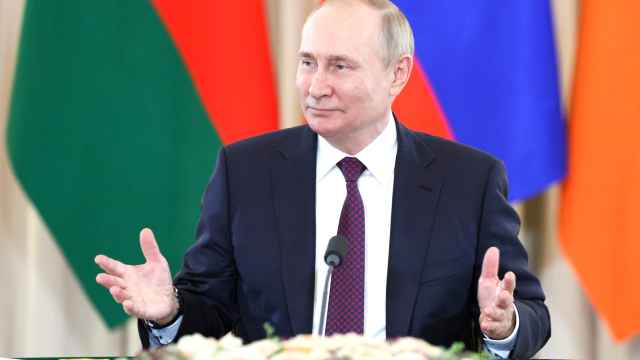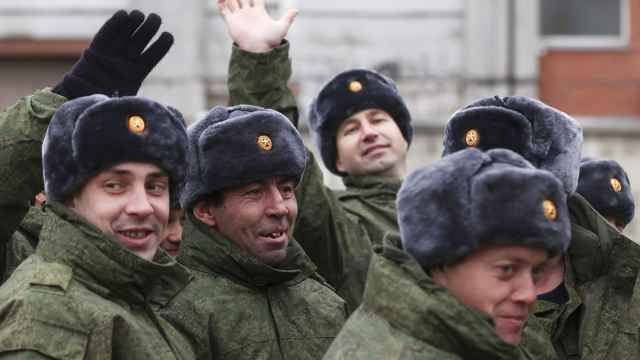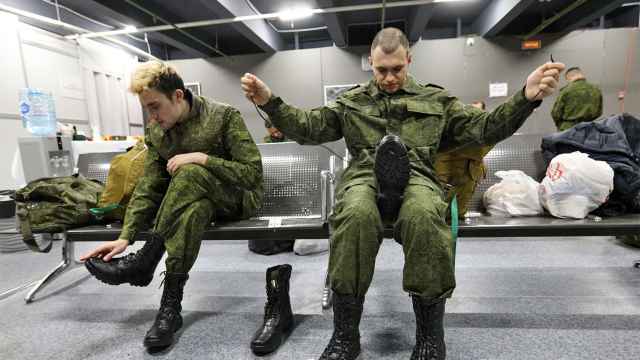June 3 marks 100 days since the start of Russia’s invasion of Ukraine.
The Kremlin has long claimed it is carrying out a “special military operation,” not a war, underlining its allegedly limited scope as the “defense” of Ukraine’s Moscow-backed separatist states in Donetsk and Lugansk.
But 100 days of war has not just killed thousands, displaced millions and destroyed large parts of Ukraine — it has also radically transformed life inside Russia.
In six graphs, we trace the impact of 100 days of war on Russia.
Military losses
The Kremlin confirmed the death of 1,351 Russian soldiers in Ukraine on March 25 – but no updated death toll has been released since then. Instead, data aggregated by independent news outlet iStories from thousands of news articles and social media posts suggests the current count is 3,104.
However, even that number is likely to be far short of Russia’s real losses. U.S. military analyst Michael Kofman has estimated that about 10,000 soldiers have been killed.

A visualization of the hometowns of killed Russian soldiers identified by iStories point to sharp socioeconomic discrepancies with men from Russia’s poorest regions far more likely to end up at the front. Soldiers from the North Caucasus republics of Chechnya and Dagestan, as well as the Siberian republic of Buryatia, top the list of Russia’s reported casualties.

Arson attacks
Four days after the start of the war, a 21-year-old resident from the Moscow region town of Luhovitsy threw several Molotov cocktails into a local military recruitment office. He later told police that the attack was an act of protest against the possibility of full military mobilization.
Since then, more than a dozen military enlistment offices across Russia and in annexed Crimea have been subjected to arson attacks.

Detained protesters
On the evening of Feb. 24, thousands of Russians took to the streets to protest the Kremlin’s decision to invade Ukraine. At least 1,900 demonstrators were arrested in a single day, according to independent monitor OVD-Info.
Amid growing police violence, large-scale anti-war rallies largely ceased by the end of March. Now, those protesting the war usually do so in single-person pickets and other forms of nonviolent resistance. But arrests continue. Over the course of 100 days, 15,445 people have been arrested for anti-war demonstrations.

Economic toll
Russia’s attack on Ukraine was met with a raft of Western sanctions, quickly making Russia the world’s most sanctioned country – surpassing Iran, Syria and North Korea.
It also resulted in major changes for international businesses in Russia, perhaps most visible in dozens of empty shops in large shopping malls.
Some companies, such as U.S. coffee giant Starbucks, have exited the Russian market completely, citing ethical concerns and the inability to operate under sanctions. Others looked to sell licenses to local buyers or postpone new investments.

Western-imposed sanctions and import restrictions have been cited as a reason for rapidly rising inflation – annual inflation is currently at a 20-year-high.
While spiking inflation in the early days of the war triggered a wave of panic buying, price rises began to slow in April. Russia even recorded weekly deflation in May, a worrying sign of reduced demand in the economy – and of imminent recession.

A Message from The Moscow Times:
Dear readers,
We are facing unprecedented challenges. Russia's Prosecutor General's Office has designated The Moscow Times as an "undesirable" organization, criminalizing our work and putting our staff at risk of prosecution. This follows our earlier unjust labeling as a "foreign agent."
These actions are direct attempts to silence independent journalism in Russia. The authorities claim our work "discredits the decisions of the Russian leadership." We see things differently: we strive to provide accurate, unbiased reporting on Russia.
We, the journalists of The Moscow Times, refuse to be silenced. But to continue our work, we need your help.
Your support, no matter how small, makes a world of difference. If you can, please support us monthly starting from just $2. It's quick to set up, and every contribution makes a significant impact.
By supporting The Moscow Times, you're defending open, independent journalism in the face of repression. Thank you for standing with us.
Remind me later.


